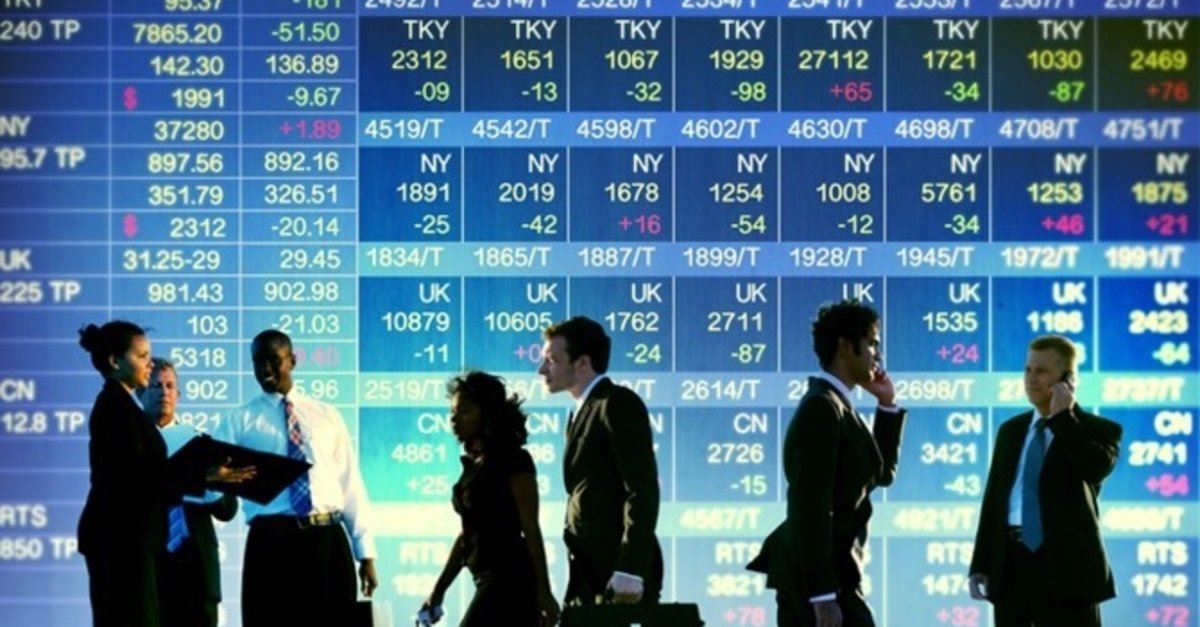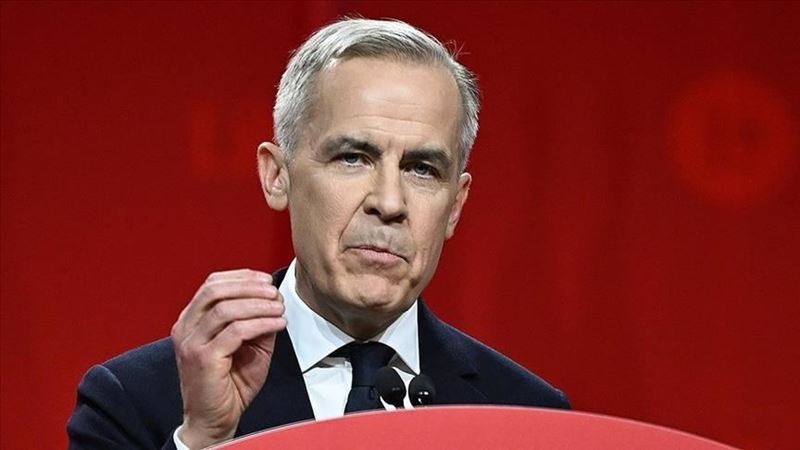Worldwide macroeconomic data and developments in energy continue to shape the markets.
According to the data released yesterday in the USA, the Supply Management Institute (ISM) services index increased by 0.2 points on a monthly basis in August to 56.9, the highest level in 4 months.
While the data in question gave a positive signal about the economic course, increasing the inflation concerns, the probability that the Fed will raise interest rates by 75 basis points at the meeting on September 21 began to be priced in with a 74 percent probability.
Inflation and fears about the ultra-hawkish Fed increased selling pressure in bond markets, while demand for the dollar continued to strengthen.
After seeing the highest level of the last 20 years with 110.7, the dollar index is currently at 110.5, 0.2 percent above the previous close.
Although the Organization of Petroleum Exporting Countries (OPEC) and the OPEC+ group, which consists of some non-OPEC producer countries, announced that they will reduce production by 100 thousand barrels on Monday in September, concerns about the economic course in Asia and Europe and the strong dollar suppress the oil price.
While the price of Brent oil per barrel carried the downward trend for the second day, it is currently finding buyers at $91 with a decrease of 1.7 percent.
While the dollar, which was at the peak of the last 20 years, was also effective in the decline in metals such as gold and copper, this morning the price of gold is $ 1,696 with a decrease of 0.4 percent compared to the previous close, and the pound of copper is at $ 3.45 with a decrease of 1.3 percent.
With these developments, the S&P 500 index fell by 0.41 percent, the Nasdaq index by 0.74 percent and the Dow Jones index by 0.55 percent in the New York stock market yesterday. In the New York stock market, index futures contracts continue their sales-weighted course, albeit limited, on the new day.
While eyes in Europe are turning to the monetary policy decisions to be announced by the European Central Bank (ECB) tomorrow, it is seen that investors acted cautiously before the decision.
While it is priced in the money markets that the ECB will raise interest rates by 75 basis points for the first time in its history, following the record-high inflation in the region, the selling pressure in the bond markets across the region is deepening.
On the other hand, as Europe's energy crisis continues to negatively affect economies, factory orders fell by 1.1 percent in July, below expectations, according to data released in Germany yesterday.
Continuing to weaken against the dollar, despite the expectations regarding the ECB's decision, the euro again tested the lowest level of the last 20 years yesterday. After falling as low as 0.9864 yesterday, Euro/dollar parity completed the day at 0.9905.
With these developments, the FTSE 100 index gained 0.18 percent in the UK, the DAX 40 index gained 0.87 percent in Germany and the CAC 40 index gained 0.19 percent in France, while the FTSE MIB 30 index in Italy remained flat. In Europe, the new day of index futures contracts started with a decline.
In Asian stock markets, a sales-oriented course is also prominent.
According to the macroeconomic data announced in the region, China's exports in August increased by 7.1 percent, well below the expectations, while the foreign trade surplus decreased to 79.4 billion dollars.
While the ongoing drought in the country and the new type of coronavirus (Kovid-19) epidemic continue to negatively affect production, the People's Bank of China (PBoC) is making significant efforts to protect the declining yuan against the dollar.
While the leading index in the macroeconomic data announced in Japan fell to 99.6, the Bank of Japan (BoJ) announced that it could intervene in the 10-year bond yields approaching 0.25 percent and the yen, which continues its downward trend.
The dollar/yen parity, which closed at 142.8 with an increase of 1.6 percent yesterday, is at 144 with an increase of 0.9 percent in the new day.
With these developments, the Nikkei 225 index in Japan is 0.7 percent, the Kospi index in South Korea is 1.5 percent, the Hang Seng index in Hong Kong is 1.7 percent and the Shanghai composite index in China is worth 0.1 percent. lost.
Domestic stock markets, on the other hand, continue to be positively differentiated from global stock markets.
Yesterday, the BIST 100 index closed the day at 3,391.38 points with a gain of 0.98 percent, while achieving the highest daily close of all time, it also brought its highest level record to 3,448.93 points. The total transaction volume was at a record level with 122.9 billion liras.
Dollar/TRY is trading at 18.2370 at the opening of the interbank market today, after closing at 18.2245 with a flat course yesterday.
Analysts stated that today the data agenda is calm in the domestic market, growth in the Eurozone abroad, foreign trade deficit in the USA and the Fed's Beige Book Report will be followed. He said the score is in the support position.
The data to be followed in the markets today are as follows:
12.00 Eurozone, 2nd quarter growth
15.30 US, July foreign trade deficit









Comments
No comment yet.